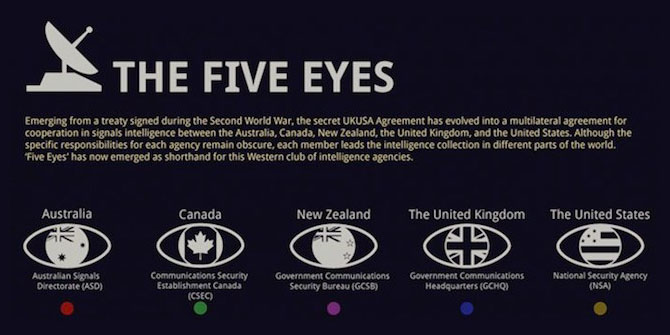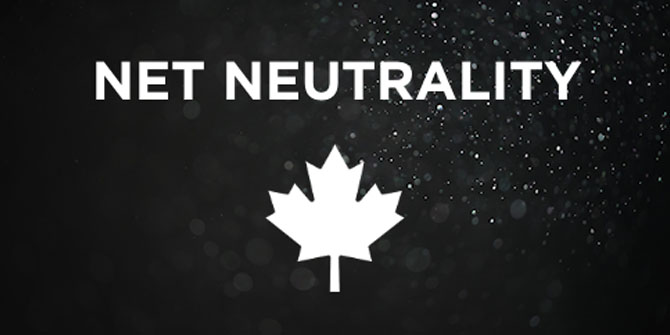Privacy Canada is community-supported. We may earn a commission when make a purchase through one of our links. Learn more.
Are VPNs Legal in Canada? (Latest Update)
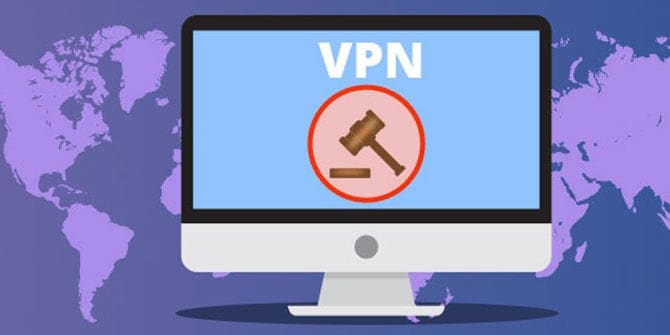
Browsing the internet is fun. Going to jail, however, not as much. Although to be fair, both scenarios tend to include a lot of sitting.
Imagine spending an entire night online and getting woken up by a SWAT team entering the area in an all-but-subtle manner. Surely, this beats traditional alarms. In reality, however, most people prefer the sound of their alarms to the sound of screaming and automatic rifles getting cocked.
Although the previous explanation takes it to an extreme, it has happened a plethora of times. This is because the legality of certain issues becomes quite ambiguous as the technology develops.
Think about the constant struggle that the lawmakers from around the world experience in order to keep up with the evolution and growth of cryptocurrencies. Well, another area that has seen a lot of activity and assumptions revolves around virtual private networks (VPNs).
For those unfamiliar, these networks allow users to completely mask their location and access data (somewhat) anonymously. Thus, tracking them down is very difficult as VPNs allow people to enjoy superior privacy.
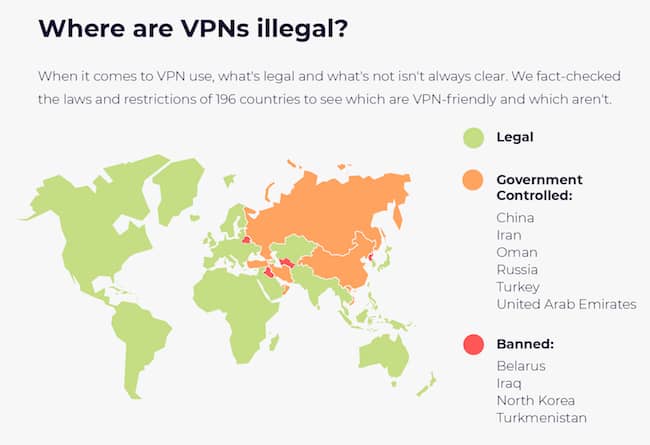
Some countries, however, do not exactly see this in such a black-and-white representation. The following countries have openly dismissed and banned any use of VPNs:
- Iran
- North Korea
- China
Therefore, the debate goes much deeper and one may wonder what leads to the ambiguity in the case of VPN legality.
Canada’s Position on the Issue
As one of the world’s leaders in innovation, Canada is a great example of a country where someone can make a solid case for either side.
Meaning, there are good arguments that both support and disallow the usage of VPNs. It is important to note how Canada is one of the Five-Eyes countries that have a surveillance alliance and monitor online activity fiercely.
Reasons Why Canada Loves VPNs
As with most western civilizations, data privacy has become a growing concern. This is because the capabilities of online hackers are only limited by time and money.
If they happen to have enough of both, they could potentially break into anyone’s data at some point. VPNs, however, make it much harder to do so due to their ability to turn a public connection into a private one.

Additionally, they offer features like avoidance of data retention and anonymity of online activities. In translation, it would be a lot harder for a hacker to get access to someone’s data when they are relying on a VPN.
Also, VPNs can be used to set blocks that will prevent users from accessing certain networks. For instance, students may have access to a school-based VPN that makes it impossible to access social media.
Similarly, employees could be connected to a VPN that does not allow pornographic content. The power of those blocks will be directly related to the strength of the VPN. Thus, the versatility that these networks provide is quite impressive and comes with many benefits.
So, given the aforementioned, one would wonder why the legality of VPNs is even in question. After all, there is nothing wrong with users wanting more privacy and employers blocking workers from browsing non-work-related content. Well, not exactly.
Why Canada Hates VPNs
Although everything mentioned above is completely true, there are counter-arguments to nearly every point. First, VPNs could be accessed to illegally download content.
For instance, certain websites may be blocked to prevent the user from pirating files that are protected by the copyright laws. With VPNs, however, they could get around the block.
Similarly, VPNs are frequently used to sidestep geographically based blocks. These take place when certain companies do not allow people from specific countries to view their content.
North Korea, per se, is a great example of a country where online content is controlled and countless websites are blocked. As much as one may want to access blocked content, it is not always legal or ethical to do so.
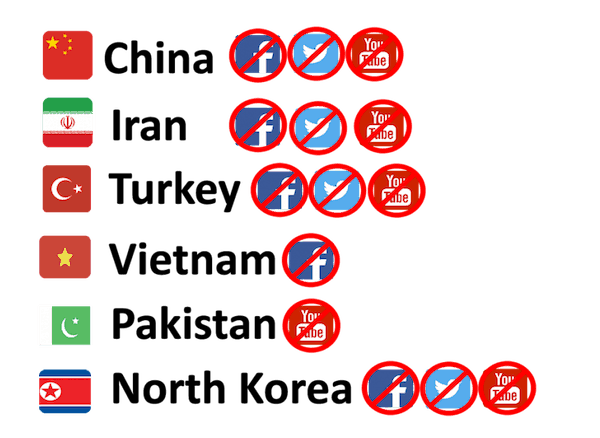
Naturally, a person using a VPN to simply stream a movie that is not available on some streaming company’s platform in the United States will seldom get in trouble.
Instead, these issues are more focused on illegal pirating and data breaches that may affect politics in certain regions.
Think about the repercussion of some citizen of North Korea accessing social media platforms that mock their leadership and then publicizing that type of rhetoric.
Hence why North Korea is one of the few countries where the VPNs are illegal to use.
What does the law say?
Regardless of the ambiguity and many uncertainties, the law in Canada is quite clear on this issue. Virtual private networks are just as legal as freedom of expression. Meaning, there is not a single law disallowing the usage of popular commercial VPNs in the Great White North.
As with any privacy-related situation, however, the matter does get much more complicated. Although VPNs are legal, what someone uses them for could lead them to illegal activities and jail time.
Thus, if a user is relying on VPNs to pirate movies online and then sell them for profit, they will be subject to copyright laws. The fact that they used VPNs will not matter as their ultimate goal was to do something illegal.
Do benefits outweigh to costs?
Since Canada allows people to use VPNs, how do all the benefits compare to potential costs? Simply put, the advantages of using these networks are far greater than any potential costs.
Yes, users who take advantage of VPNs will be much harder to track. This, however, does not mean that it is impossible to locate their IP address and hold them accountable for any wrongdoing.
On the other hand, the potential benefits of using VPNs are incomprehensible. In fact, every Chinese resident that has a Facebook profile is usually able to do so through some type of network that masks their location and allows them to bypass government-based blocks.
So, VPNs offer a perfect alternative for people who reside in countries where the government leaders suppress online activity. Absent them, millions of people in China, North Korea, and Iran, per se, would be completely cut off from the modern world and any current events.
Canada is Right!
Based on the aforementioned analysis, it is fair to say that Canada is right to avoid creating and enforcing any laws that restrict the usage of VPNs.
Given the large presence of other rules that surround illegal downloads, cyber theft, and more, blocking VPNs would not even do much as it is extremely difficult to enforce such a law.
After all, any user can just make their own VPN and browse content that someone wants them to stay away from. So, why run a race that is already lost?



